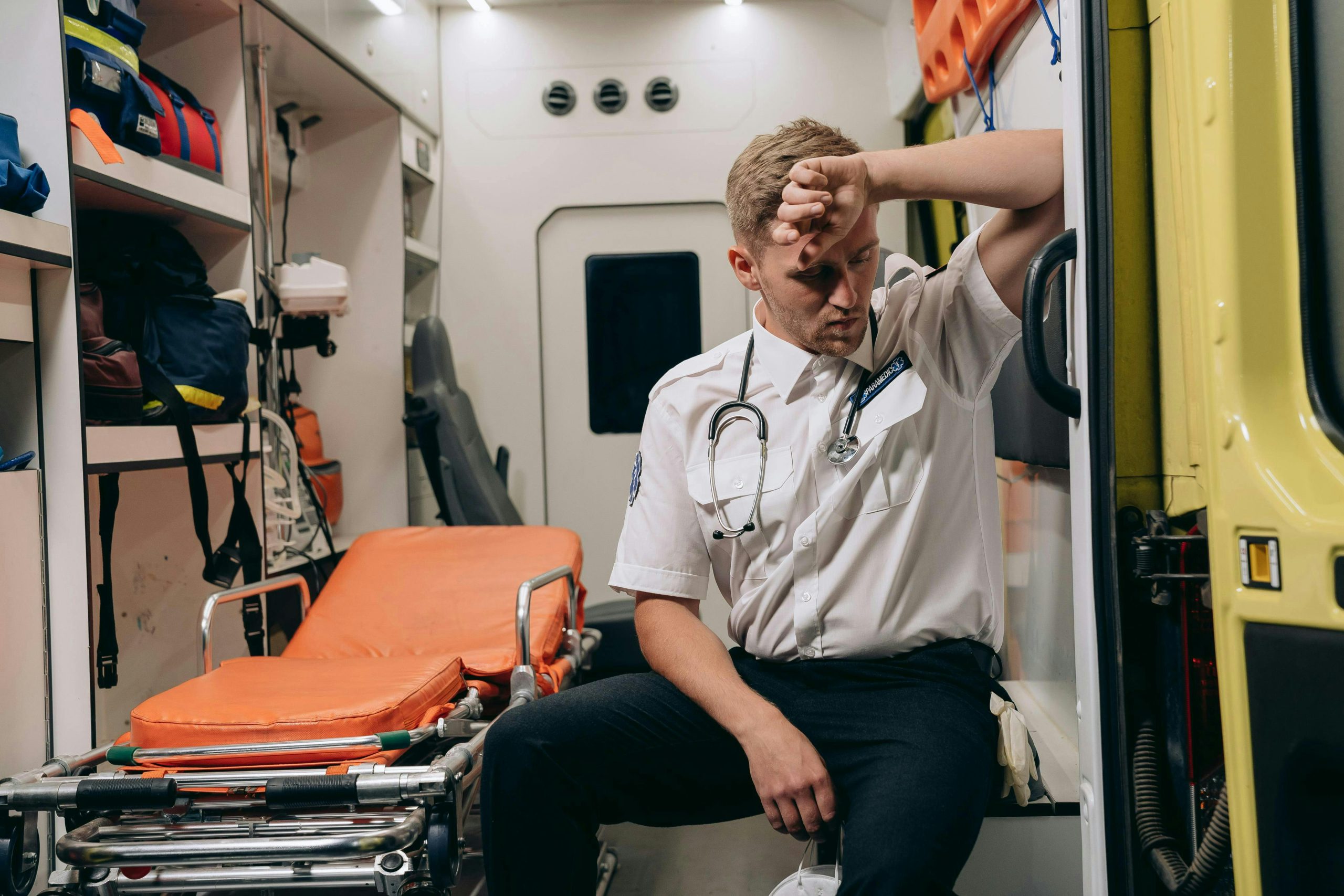Left Turn Collision at Night – Could the Other Driver Share Some Responsibility?
I was involved in a car accident recently and I’m looking for some insights on whether I’m entirely at fault or if this might be viewed as shared responsibility.
The incident occurred at an intersection around 8 PM when it was dark. I had a green light and was preparing to make a left turn. Before proceeding, I ensured there were no pedestrians crossing and checked for oncoming traffic. Not seeing any vehicles approaching, I made my turn.
Out of nowhere, another car came into view, and we collided. The crash occurred while I was already in the process of turning. I suspect the other driver’s headlights were off, which is why I failed to see her vehicle before the impact, but I don’t have solid evidence to confirm this.
After the accident, I mentioned to her that I thought her headlights were off. Instead of denying it, she replied with something like, “My front lights turn on automatically.” This response made me think she might not have checked her lights and could have been unaware if they were actually off.
I also spoke to a witness who was behind me at the time, but they were unable to confirm whether the other car’s headlights were on or off.
I know that typically, drivers making left turns are often considered at fault for not yielding to oncoming traffic. However, in this situation, I truly could not see the other car, and I firmly believe it was due to her headlights being off.
Could this scenario be evaluated as shared fault (50/50), or am I completely at fault in this situation?
I would greatly appreciate any thoughts or similar experiences!




I’m sorry to hear about your accident; that can be a really stressful experience. From what you’ve described, it does sound like there are several factors at play that could influence fault in this situation.
Generally, as you mentioned, left-turning drivers are often found to be at fault since they have a responsibility to yield to oncoming traffic. However, the situation can become more nuanced, especially if visibility issues contributed to the accident.
Here are a few points to consider:
Visibility Conditions: Since it was dark, drivers are expected to have their headlights on, and the other driver’s claim about her lights being automatic may not hold up if they were indeed off. If her headlights weren’t functioning properly, that could potentially shift some fault to her side.
Witness Statements: You mentioned that a witness couldn’t confirm the state of the other driver’s headlights. Having a witness who backs up your perspective could be beneficial, but without clear evidence, it may be challenging to prove your case.
Documentation and Evidence: Even though you don’t have concrete proof about the headlights, any other evidence, such as dashcam footage (if you have it), could help clarify the situation. Additionally, consider whether there were any lighting conditions at the intersection that could have contributed to the visibility issue.
Legal Advice: Ultimately, determining fault in car accidents can get complicated, and insurance companies often take into account all the circumstances surrounding the incident before assigning fault. It may be worthwhile to consult with a lawyer who specializes in traffic accidents for a more detailed evaluation of your case.
Insurance Negotiations: Even if the law typically favors the left-turning vehicle being at fault, you can still present your case to your insurance company. If they agree that the other driver’s actions contributed to the accident, it could result in shared fault.
In summary, while you may be at risk of being deemed at fault due to the nature of your left turn, there might be grounds for arguing shared responsibility based on the other driver’s headlight situation. Documenting everything and speaking with a legal expert about your specific circumstances could offer you more clarity and help you determine your next steps.